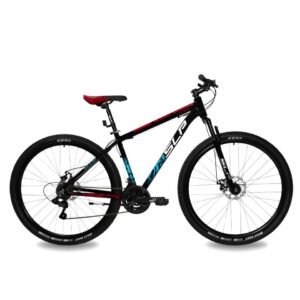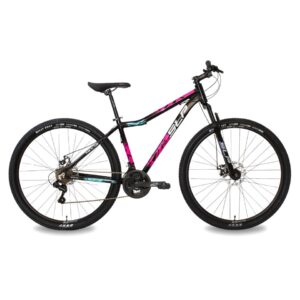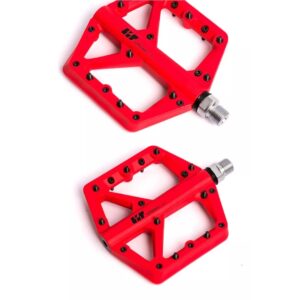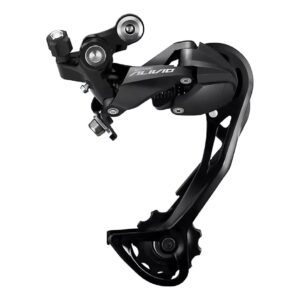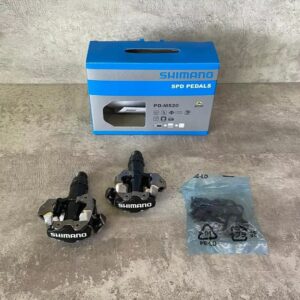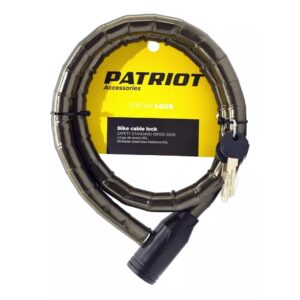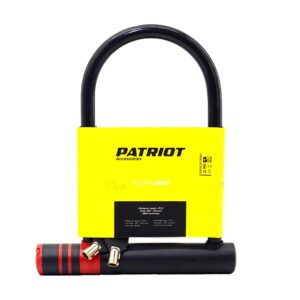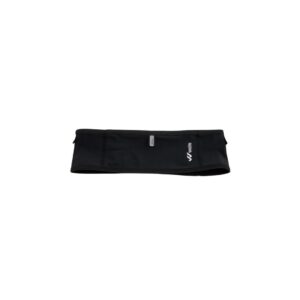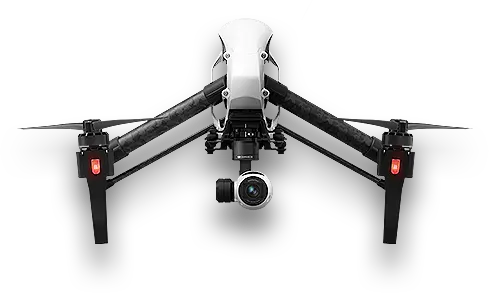
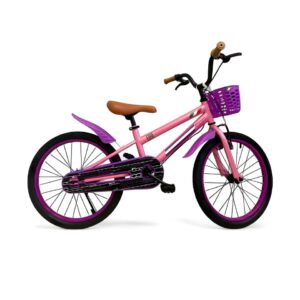
Dencar Fiat 500
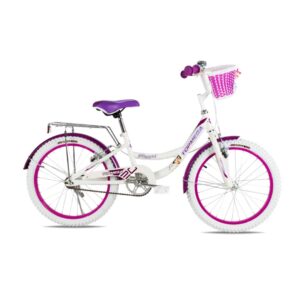
TopMega FlexyGirl

MTB Randers Kawill
Specification Auto ComparisonThese bars are generated automatically
This is autogenerated compare bars. Just choose products and attributes to create bars. You can click on each bar to see product
Deep research of camera professional dronesThese bars are generated automatically
From pricing and different camera specs and handling/responsiveness to flight software and battery life, it’s important to do your research and to make sure you’re buying a drone that’s suited to your needs.
All of the models in this list are ready-to-fly. After charging your LiPo battery and reading through your user manual a few times, you’re ready to power up, calibrate, configure, and then to start racking up those flight hours.
The DJI Inspire 2 launched November 2016 and will start shipping January 2017. This newest model is tougher and more powerful than the DJI Inspire 1.
One of the first upgrades you’ll notices it that the Inspire 2 has TWO DIFFERENT CAMERAS. One slung underneath the aircraft offering full 360° camera rotation, and the other mounted on the front of the aircraft for better first-person-view (FPV) opportunities.
So using the Inspire 2’s dual operator mode, one Remote Pilot-in-Command could be looking through one camera, likely the front-mounted one, while a photographer or videographer controls the bottom-mounted camera system.
Key Specs
- Camera Resolution: 30MP in DNG RAW mode
- Video Resolution: 5.2K at 30 FPS / 4K at 60 FPS
- Max Flight Time: 27 minutes
- Max Speed: 67 mph
- Notable Attributes: Dual-Operator Mode, Two Cameras, Obstacle Avoidance
The DJI Inspire 1 is bigger and offers full 360° camera rotation, giving you an unrestricted view of the world below. It’s 3-axis gimbal and camera system can easily be removed from the aircraft for safe transport and future upgrades.
And because DJI offers different camera systems (like the Zenmuse X3, Zenmuse X5, Zenmuse X5R, Zenmuse XT, etc.), the DJI Inspire 1 is flexible and the kind of model you can grow with over time.
Key Specs
- Camera Resolution: 12MP
- Video Resolution: 4K at 30 FPS
- Max Flight Time: 18 minutes
- Max Speed: 49 mph (22 m/s) in ATTI mode, no wind
- Notable Attributes: Dual-Operator Mode, Multiple Zenmuse Camera Systems
When it comes to flight time, the Karma will stay airborne for 20 minutes, which isn’t all that great in the grand scheme of things. And, once again, the Mavic has it beat, although only very slightly, with a max flight time of 21 minutes. It can, however, last up to 27 minutes according to DJI. Of course, you can bring extra batteries along for both of these drones, which looks like it’s going to be a necessity given the paltry flying times.
Key Specs
- Maximum Speed 15 m/sMaximum Speed 15 m/s
- Maximum Distance Up to 3,000 m
- Maximum Flight Altitude 3,200 m
- Maximum Wind Resistance 10 m/s
- Operating Frequency 2.4GHz
- Dimensions (Opened/No Propellers) 303 / 411 / 117 mm
- Dimensions (Folded/Transport) 365.2 / 224.3 / 89.9 mm
- Propeller Length 25.4cm
- Weight 1006g
If you haven’t heard of Yuneec, you’re missing out on some high-quality aerial camera platforms that may very well be the perfect fit for your recreational (or business) needs.
The Typhoon H is equipped with six rotors, a 360-degree gimbal camera and retractable landing gear with Yuneec’s standard of being ready out of the box, easy and safe to fly, with stunning Ultra HD 4K video and stills.
Key Specs
- Camera Resolution: 12.4MP
- Video Resolution: 4K at 30 FPS
- Max Flight Time: 25 minutes
- Max Speed: 43.5mph (70km/h) in Follow Me mode
- Notable Attributes: Hexacopter = better redundancy, Obstacle Avoidance, 360-degree camera
Winner – DJI INSPIRE 2These bars are generated automatically

